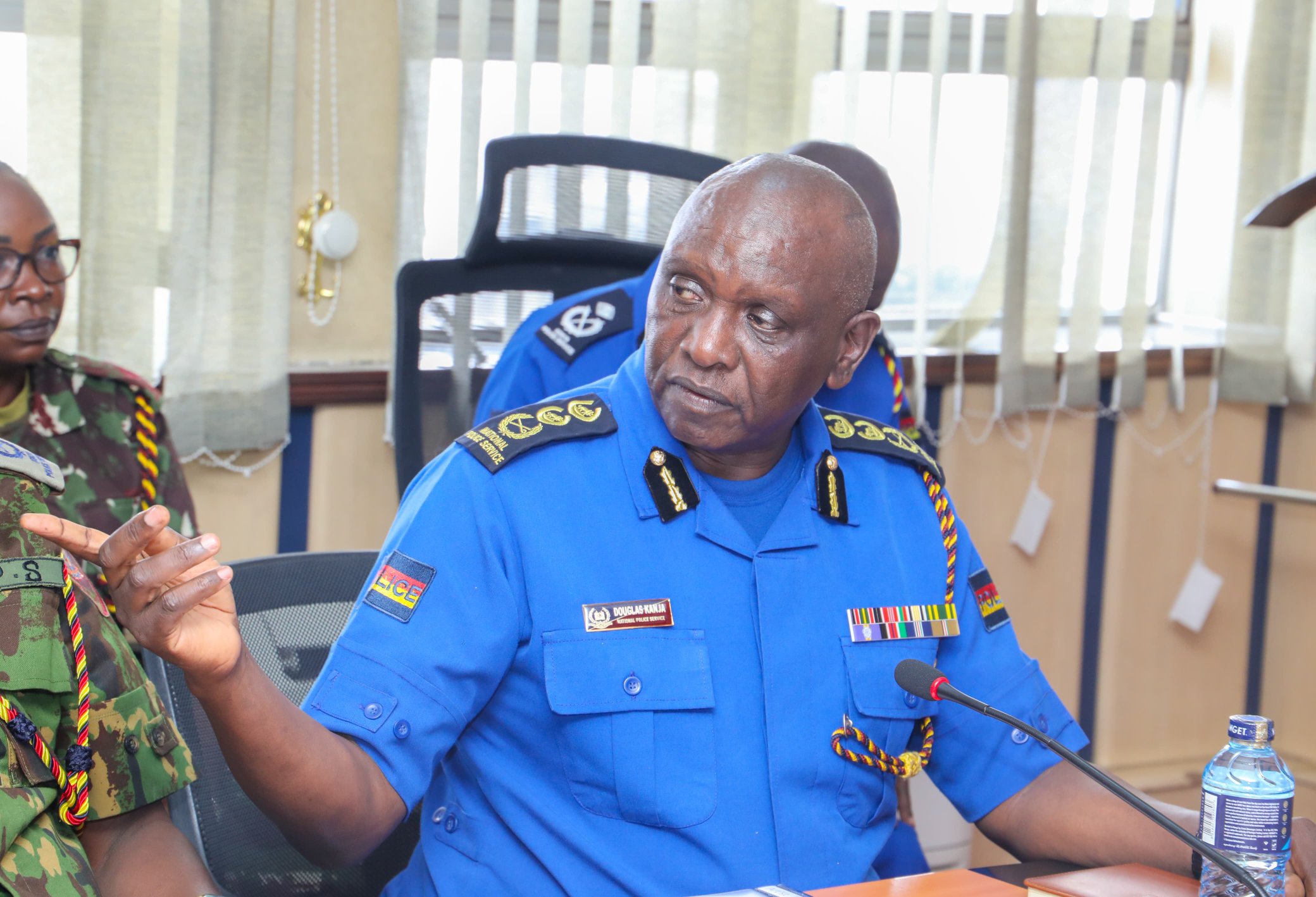
Kanja vows to strengthen DCI’s anti-narcotics unit in reenergized war on drugs » Capital News
NAIROBI, Kenya, Feb 13—The government is intensifying efforts to strengthen anti-drug operations and curb the growing drug menace, particularly among the youth.
Inspector General of Police Douglas Kanja announced Thursday that the National Police Service is expanding the Anti-Narcotics Unit at the Directorate of Criminal Investigations (DCI) to enhance its capacity in combating drug trafficking.
He emphasized the need to boost the unit’s capabilities and strengthen collaboration with other agencies, including the National Authority for the Campaign Against Alcohol and Drug Abuse (NACADA).
“The issue of drugs is a major concern for the National Police Service. We aim to elevate the Anti-Narcotics Unit to the same level as the Anti-Terror Police Unit (ATPU),” Kanja stated.
He made these remarks during the launch of a report on drug and substance use among university students in Kenya.
Kanja highlighted that while Kenya was previously a transit hub for illicit substances, research now indicates a growing domestic drug consumption problem.
“We must intensify our efforts to protect our youth from drug abuse,” he said.
He also warned that drug trafficking poses a serious national security threat, as proceeds from the illegal trade may be funding terrorism.
“We suspect that some drug profits are financing terrorism. We are committed to tackling this issue and working with all relevant stakeholders,” he added.
Kanja reaffirmed the National Police Service’s commitment to partnering with individuals and organizations to keep drugs illegal and inaccessible.
The Anti-Narcotics Unit, established in 1983, operates under the Directorate of Criminal Investigations and enforces the Narcotic Drugs and Psychotropic Substances (Control) Act No. 4 of 1994.
Its officers, who receive specialized training and equipment, are stationed at key exit and entry points, including seaports, airports, borders, and major highways.